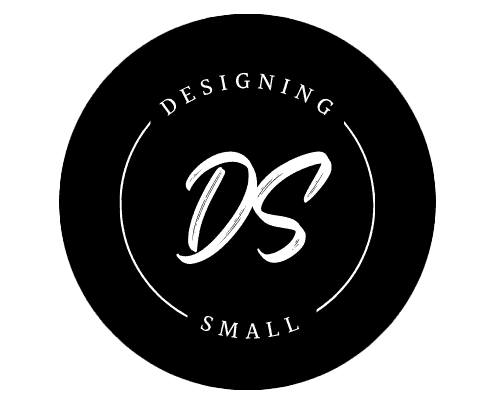and is it even worth it?
First, let’s understand what minimalism is. Although it can be understood as an all-encompassing philosophy, it can have different practical implications based on the field it is describing; the meaning of minimalism is ever-changing. Depending on the context minimalism can mean a lot of different things.

In architecture, minimalism is the idea of using simple lines, generally flat shapes, and monotone colors. Essentially, it’s designing without excessive, if any, ornamentation.
The concept behind minimalism architecture is that, like anything else, architecture can be “messy” and overwhelming. By simplifying the lines and shapes the building can be clean, calming, and overall create better architecture. Put by Ludwig Mies Van der Rohe, “less is more”

The argument is that ornamentation can be distracting and if it’s not contributing to the actual function of the building it’s unnecessary and should be eliminated. This is where minimalism begins to mix with functionalism and the age-old Architecture argument of function vs form begins to take shape (But that’s a topic for another time).
In design, whether it’s fashion, furniture, or tools, minimalism is the concept of a clean, polished, and simple product. This usually means hidden screws, bold colors, and one fluid shape.



A classic example of this is the furniture at IKEA. They frequently use these minimalist principles in their design.
In terms of lifestyle, minimalism is the idea that owning fewer possessions will ultimately make you happier and more fulfilled. Essentially, a minimalist lifestyle is owning only what you need. Doing this allows you to focus on what really matters in life.

Many minimalists have a limited and simplified wardrobe with only slight variations of shirts. This can save you time in deciding what to wear. But also, why own 30 different shirts that you’ll never wear and just take up space?
So what are the Pros and Cons of minimalism?
Like anything else in life, minimalism has its pluses and negatives.
Here are a few things I’ve found to be the pros and cons of minimalism. But ultimately, you’ll have to figure out what your pros and cons are based on the things you value in life.
What are the Pros?
If minimalism is so limiting, are there any benefits?
The pros of minimalism are all in its simplicity. It doesn’t mean you own nothing. It means what you own is worth it

It also keeps your place looking much cleaner. As a minimalist, having few things means you can pack them away easier and require less storage space. This is another reason why minimalism is super beneficial in a small apartment. A clean living space will also help it seem bigger.
It drastically reduces the paradox of choice if you don’t have to make a decision about what to wear each day or whether or not to buy the little random keychain at the dollar store. It helps to develop self-control in this regard.
It saves you money. When you are conscious of all the little things you buy you start to realize you don’t need them and stop wasting money on them. This may lead to more of the concept of financial minimalism but the principle is basic: the less money you spend on excessive and unnecessary things, the more money you have in your pocket to spend on awesome things you’ll actually cherish.
It’s much easier to pack. If you’ve ever moved before you know what a pain it is. However, if you’re a minimalist you have much fewer possessions to pack. You can fit all of your stuff into a couple of suitcases and a few boxes.
What are the Cons?
The cons of minimalism are that social norms don’t often accommodate a minimalist lifestyle. For example, it’s awkward to accept gifts when you know it’s something that will just take up space. Or other people might resent giving you gifts if they know it’s a shirt you’ll never wear because you already have your own simplified wardrobe of white shirts.

Another con is that eliminating extra and unnecessary junk often means throwing out sentimental things. And that can be very hard. For example, that card that that friend from camp who you haven’t seen since made you. Things you know you should throw out but sometimes can’t bring yourself to.
So is minimalism worth it?
Like most things in life, there is not a one size fits all solution. The answer to this question very much depends on if the pros I just listed are attractive enough to outweigh the cons. If the ideas that I detailed are intriguing, then maybe you should become a minimalist.
Honestly, I would recommend trying it. We often get caught up in the hustle and bustle of life. This is a good way to decompress and analyze your lifestyle; what’s really important to you? focus on that.
So try it. Even for a week. And to whatever intensity you are comfortable with. Don’t throw away your whole closet to live in a box just yet.
Because chances are, if you’re reading this article, you are at least a little bit interested in minimalism; what it is, and how it works.
And if you’re interested in a minimalist lifestyle, you’ll never know if it fits you unless you try it out for a bit.





